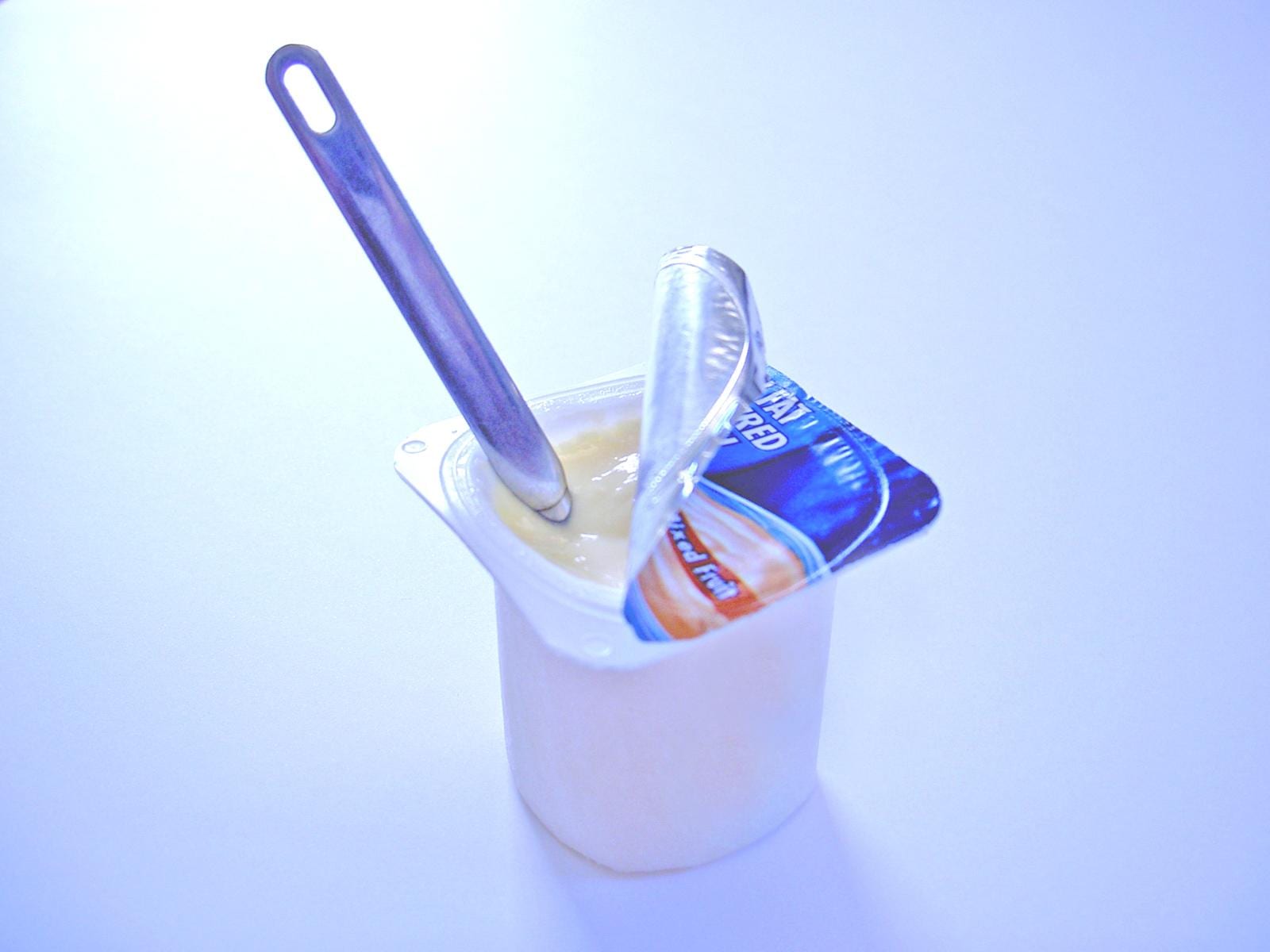Imagine adding bacteria to your food. It may sound a little dangerous. At the least, it seems unappealing. The probiotic diet introduces “good” bacteria back into your daily eating habits. Research indicates that probiotic foods and supplements can help restore a natural balance to your body, fight infections, promote good digestion and even clear skin in children.
Significance
The World Health Organization defines probiotics as “live microorganisms, which, when administered in adequate amounts, confer a health benefit on the host.” Health claims for probiotics include: improving digestion, replacing useful stomach bacteria killed by antibiotics, strengthening the immune system, clearing eczema in children, fighting tooth and gum decay, reducing the symptoms of inflammatory bowel syndrome and relieving vaginal infections.
Effects
Early studies have shown that probiotics provide some benefit in reducing diarrhea and replacing bacteria lost due to antibiotic treatment. Most studies have involved small groups and specific products. More research is needed to draw firm conclusions on the value and uses of probiotic products.
Types
You can find probiotics in both foods and supplements. Supplements come in the form of pills, powders or teas. Foods containing probiotics can include certain types of yogurt, other fermented dairy products, soy beverages and probiotic milk and juices.
Expert Opinion
The National Center for Complementary and Alternative Medicine says research into probiotics is promising, but inconclusive. The American Dietetic Association (ADA) notes that the type of bacteria and level of bacteria varies widely in probiotic products.
Considerations
Currently, there are no standards for quality or exact content of probiotic products. Since the bacteria are already part of a healthy human body, both probiotic foods and supplements are considered generally safe. Individual response to probiotics can vary, according to the ADA, so some experimentation is needed to find products and amounts that work for a given person.
Side Effects
Probiotics tend to have little or no side effects. Some people may feel bloated or gassy when following a probiotic diet. The ingredients in probiotic products may cause allergic reactions in some people, according to the ADA.
Warning
Let your doctor and other health providers know if you take probiotic supplements or eat large quantities of probiotic foods. Your health provider can keep up-to-date on the latest research, and let you know how your diet affects your health. Be sure to get a provider’s approval to follow a probiotic diet if you take antibiotics or other medications, have digestive disease or have any other serious illness.





